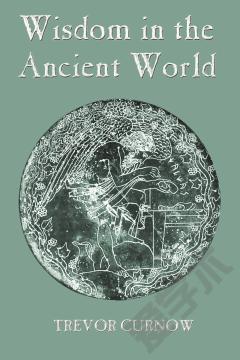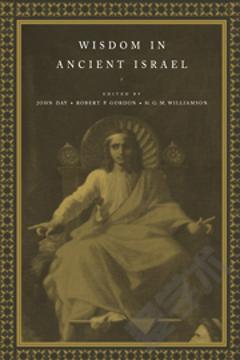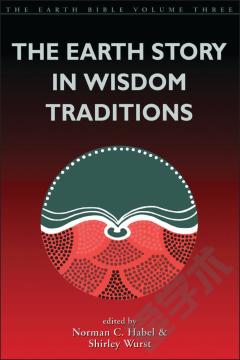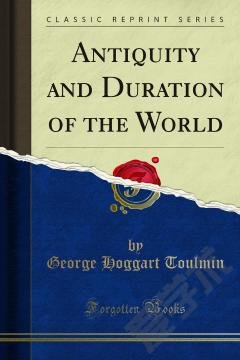Wisdom in the Ancient World
But where shall wisdom be found?' asked Job, athe ancient world came many different replies. Some conceived of wisdom in supernatural personified form and answered the question in appropriate terms. For others, wisdom was something fmanifestof different possible ways. For many philosophers, on the other hand, it was simply the highest human intellectual attainment possible. However understood, wisdom was highly prized across the ancient world and throughout ancient history. To the extent to which there was a shared ancient culture, wisdom lay at the heart of it. However, the modern study of the subject has been very fragmented. Old Testament scholars, theologians, historians of philosophy, Egyptologists, Assyriologists, classicists and historians of ideas have all taken an interest, but there has been limited communication and co-operation between the disciplines.This is the first book to bring the different aspects of the study of ancient wisdom together and present it as a subject in its own right, looking at wise deities, wise figures from myth and legend, wise characters from ancient history, practices associat(including divination and healing), and wisdom as it appears in ancient literature. Familiar figures such as Solomon and Socrates rub shoulders here with less well-known ones such as Shulgi and Stilbides. Specially drawn maps accompany the text to provide a geographical context while a timeline provides a chronological one.
{{comment.content}}








 京公网安备 11010802027623号
京公网安备 11010802027623号